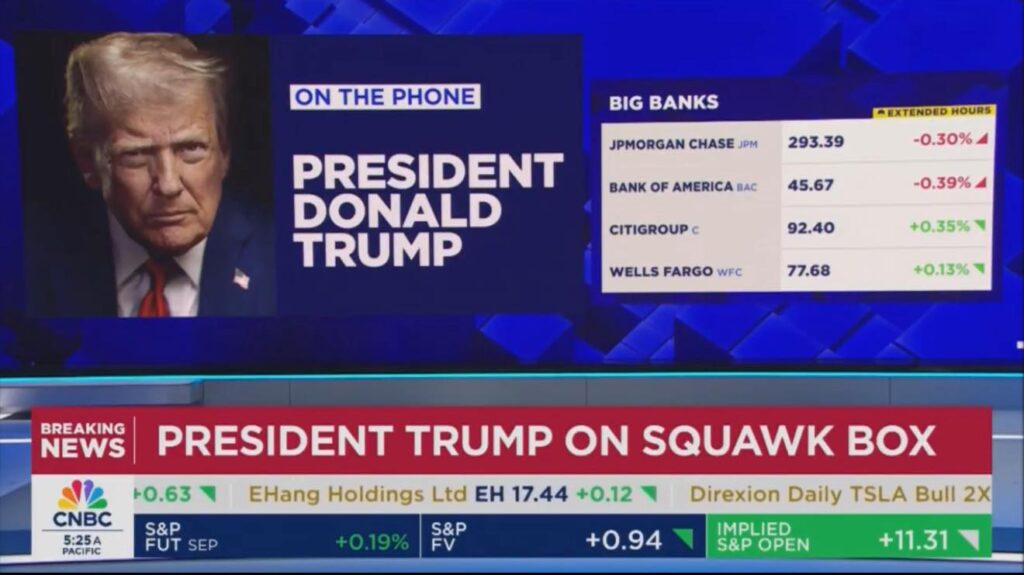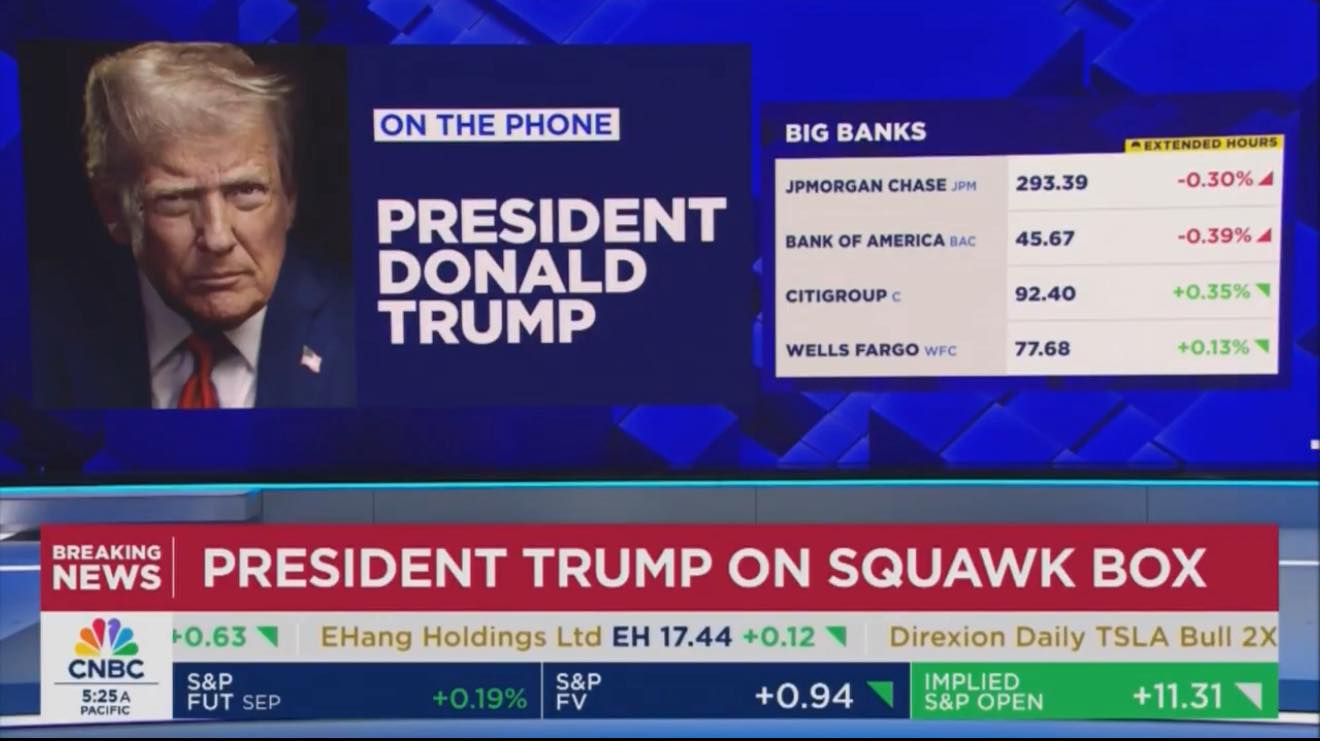Explore Trump’s new executive order aimed at combating “de-banking.” Discover its implications for financial institutions and consumer rights.
Introduction
In the ever-evolving political landscape, few issues have generated as much controversy and debate as the idea of “de-banking.” This term refers to the practice of financial institutions closing accounts or denying services to individuals or organizations based on what are perceived to be non-financial, often political, reasons. For years, conservatives have alleged that this practice is a form of political discrimination. Now, President Trump has confirmed he will be signing an executive order to punish banks that engage in this behavior, sparking a firestorm of discussion and raising serious questions about the intersection of politics, finance, and free speech.
The Problem of “De-banking” as Alleged (Trump)
The issue of de-banking has been a growing concern for many on the political right. They point to anecdotal evidence of conservative organizations, gun manufacturers, and even prominent political figures having their bank accounts closed or their financial services restricted. The argument is that these actions are not based on genuine financial risk, but rather on the banks’ own political biases or a desire to appease a “woke” culture.

The most prominent example often cited is the legal action brought by the Trump Organization against a major financial institution, alleging that their accounts were closed for political reasons. While the bank has denied the allegations, it has become a central talking point for those who believe that the financial system is being weaponized against them. The term “de-banking” has become a rallying cry, a symbol of what they see as a broader campaign to silence and punish those who hold conservative views.
The Details of the Executive Order
According to reports, the executive order is a direct response to these concerns. While the final text has not yet been released, a draft of the order suggests it will be a multi-pronged approach to curb “politically motivated de-banking.” The order is expected to direct federal regulators to investigate financial institutions for potential violations of existing laws, such as the Equal Credit Opportunity Act, which prohibits discrimination in credit transactions.
The order will likely threaten financial penalties and other disciplinary measures against banks found to be in violation. It may also urge regulators to re-evaluate or strike any policies that could contribute to banks dropping customers for non-financial reasons. Furthermore, the order is expected to address the banking challenges faced by the cryptocurrency industry, a cause that has been embraced by many conservatives. This move would signal a clear message to the financial industry: the administration will not tolerate what it deems to be politically motivated discrimination.
A Divisive Issue: Arguments For and Against (Trump)
The news of the executive order has been met with a predictable and sharp divide. Supporters of the move argue that it is a necessary step to protect fundamental rights and ensure a level playing field. They believe that no one should be denied access to basic financial services because of their political or religious beliefs. They see the executive order as a defense of free speech and a check on the growing power of large financial institutions, which they believe are increasingly acting as gatekeepers of the economy.
However, opponents of the executive order argue that it is a dangerous overreach of presidential power. They contend that it politicizes the financial system and could lead to a chilling effect on banks’ ability to manage risk. Financial institutions are legally obligated to comply with a host of regulations, including those related to anti-money laundering and terrorism financing. Banks argue that they close accounts not for political reasons, but because a customer presents a legal, financial, or reputational risk. They fear that this executive order will pressure them to keep open accounts that pose legitimate risks, putting them in a precarious position with regulators.
Furthermore, critics question the legal basis of the executive order itself. They argue that a president cannot unilaterally create new laws or impose obligations on private parties without congressional approval. Legal challenges are almost certain, and the order’s fate may ultimately rest in the hands of the courts, which have a history of striking down executive actions that are seen as exceeding presidential authority.
The Bigger Picture: A Battle for the Financial System

The debate over this executive order is about more than just bank accounts. It’s about a fundamental disagreement over the role of finance in a modern society. Should banks be neutral arbiters of financial services, or do they have a right to choose who they do business with, especially when faced with reputational risks? Does a president have the power to dictate the business practices of private companies to serve a political agenda?
The financial industry is already under intense scrutiny and faces a complex web of regulations. This new executive order will add another layer of uncertainty, forcing banks to navigate the competing demands of political pressure, regulatory compliance, and their own risk management policies. The outcome of this battle will have long-lasting implications for not just the financial sector, but for the entire American economy and the very definition of a free market.
The president’s new executive order is a bold move that has put a spotlight on the issue of “de-banking.” While supporters see it as a triumph for free speech and fair access, critics view it as a political power grab that could destabilize the financial system. The coming weeks and months will reveal how the financial industry, regulators, and the courts will respond, and what the ultimate consequences will be for banks and their customers across the nation


